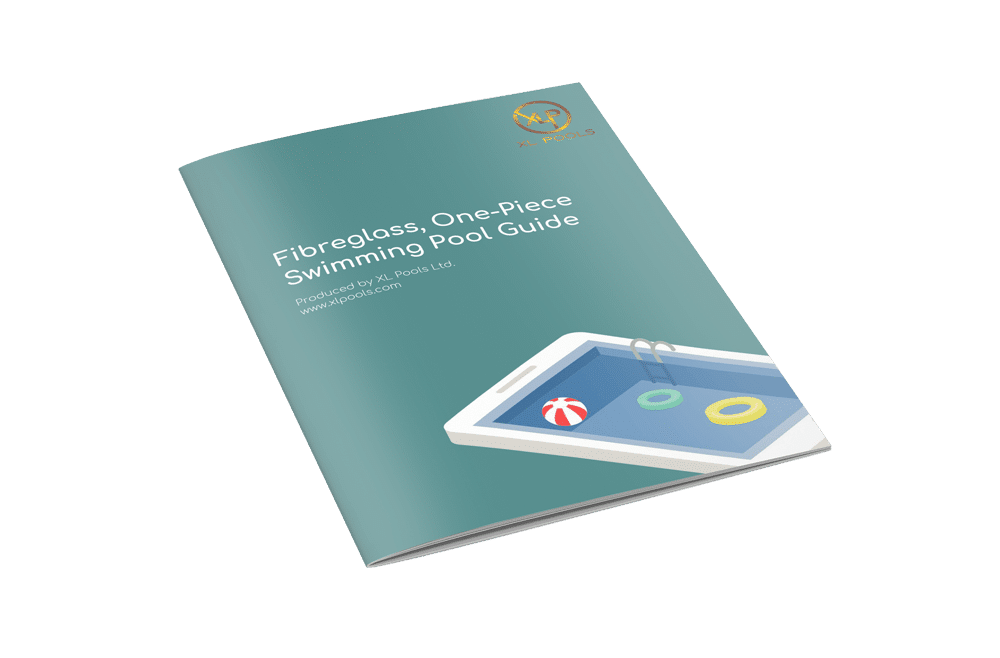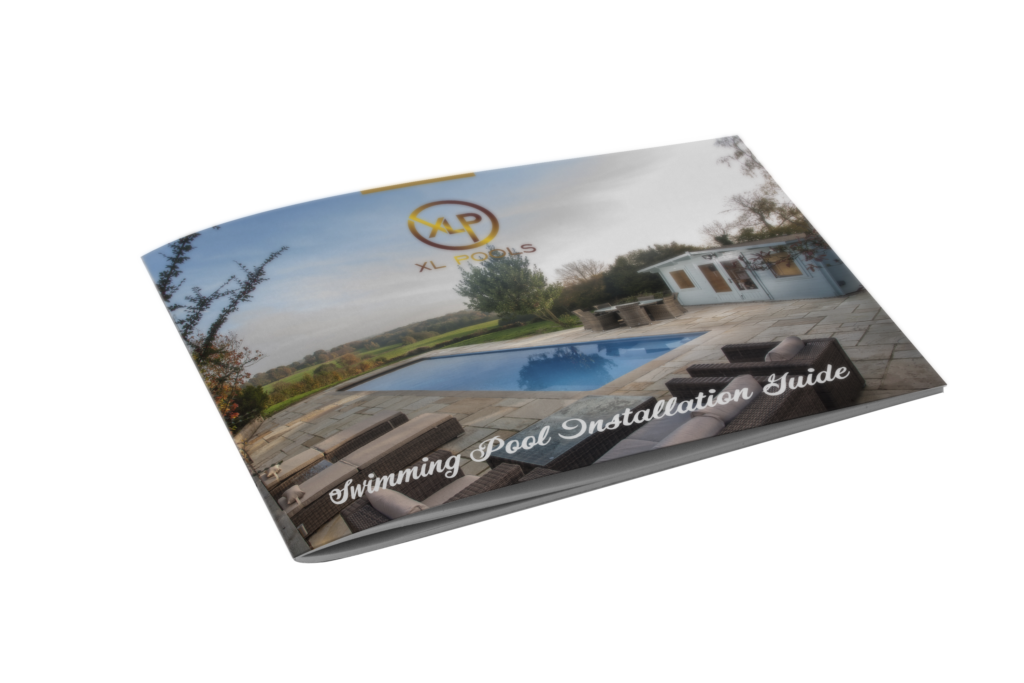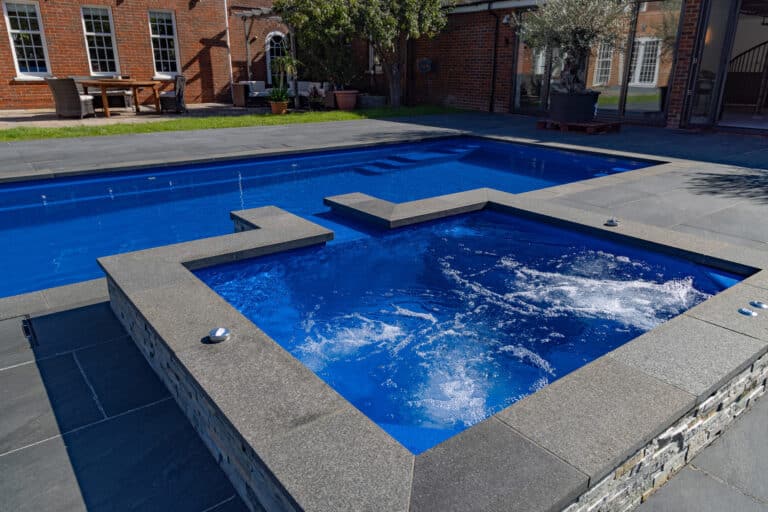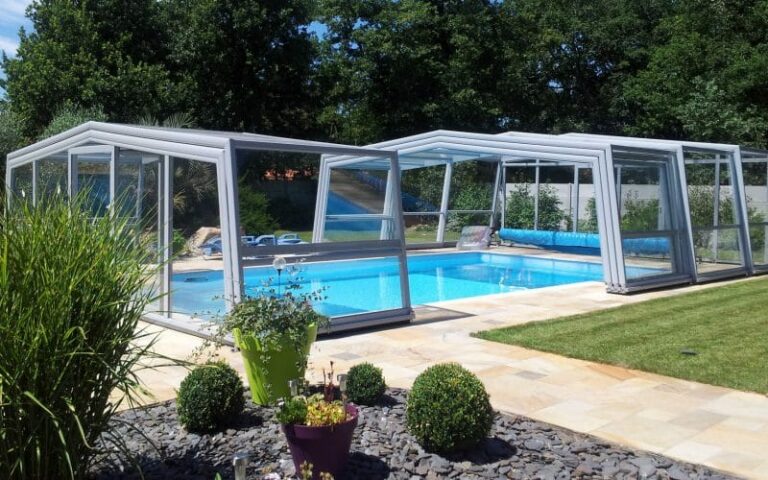It’s becoming more and more common for holiday cottages and other vacation properties to include use of a private swimming pool. If your holiday home is abroad, it’s virtually standard procedure to have an outdoor swimming pool on the property, however it’s increasingly common for holiday lets in the UK to have a swimming pool too, whether it be outdoors and therefore weather-dependent, or as an indoor pool.
There are many reasons holiday makers might choose to rent a property offering access to a swimming pool over one that doesn’t. Lots of people prefer to swim in a pool rather than the sea, for reasons of hygiene and safety, so to provide this for your guest means that they won’t have to venture out to still get all the benefits of swimming. Swimming is a great way to relax and unwind, something top of our priority lists for holidays, as well as being fantastic for exercise. To be able to enjoy a swim in the comfort and privacy of a holiday property is the ultimate luxury.
Families will see your addition of a swimming pool as a bonus for entertaining children and introducing them to the water in a safe, controlled environment, without having to be ruled by the temperamental whims of the English weather, or jostling for a good position on a crowded beach.
If your holiday property is in a location that typically has good weather during the summer months, for example Cornwall or Devon, an outdoor pool will be a big draw for your clients. If your area is prone to rain, that doesn’t spell the end for your swimming pool dreams – consider an indoor swimming pool, or even a pool with a retractable enclosure which can be enjoyed whatever the weather.
Research data looking at whether having a private swimming pool as part of your holiday let increases their value has shown that the addition of a pool typically means you can charge a higher weekly rental for your property, as well as benefitting from increased occupancy rates.*
If you do decide to go down the route of having a swimming pool installed on a property you own, there are a few things you’ll need to bear in mind. Make sure you leave clear instructions for your guests about how the pool should be treated – whether the pool cover should be in place at night for example, or anything they will need to know about its operation. Consider having some signage made to display the water depth, advising whether diving is safe, and that it’s best not to run around the pool edges. These may seem obvious, but you can never be too careful – it would be sensible to speak to your insurer too if you’re planning a new pool installation, and make sure that you and your clients would be covered in the event of a pool-related accident.
*Mulberry Research







